Are you experiencing issues with your Jeep’s 2.0 turbo engine? This engine, known for its power and efficiency, sometimes faces problems.
Owners have reported issues often include Engine light issues, Turbo lags, Engine reliability, Coolant Leaks, and engine failure/blown. Some owners really said it bad for overheating or misfire problems.
But while it has some issues, it’s also a good engine for various conditions.
Regular maintenance is a big factor here.
This article dives into common Jeep 2.0 turbo problems.
I’ll explore causes, symptoms, and solutions. Our goal is to provide clear, helpful information for Jeep owners.
Let’s get started.
Common Problems with the Jeep 2.0 Turbo – Details
Let’s explore these problems and their solutions.
Turbo Lags
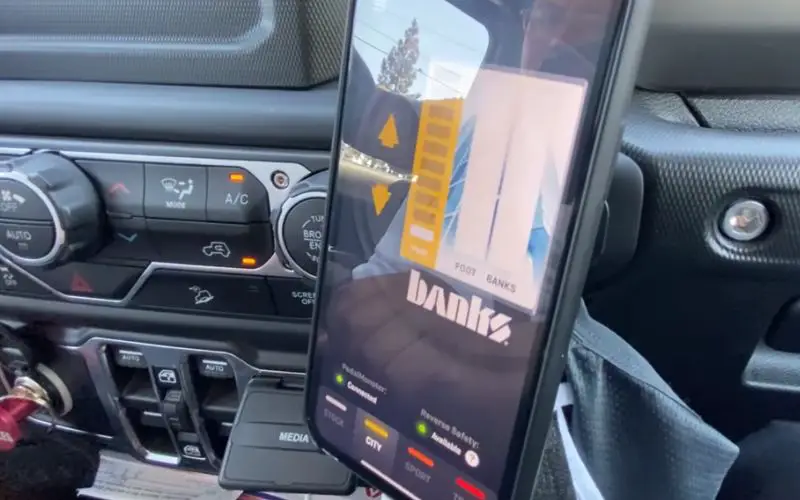
Turbo lag happens when there’s a delay in engine response after accelerating. It’s often due to the time taken for the turbo to spool up.
To fix this, ensure the turbo system is clean and free of blockages. Regular maintenance can also help reduce lag.
Engine Light Issues
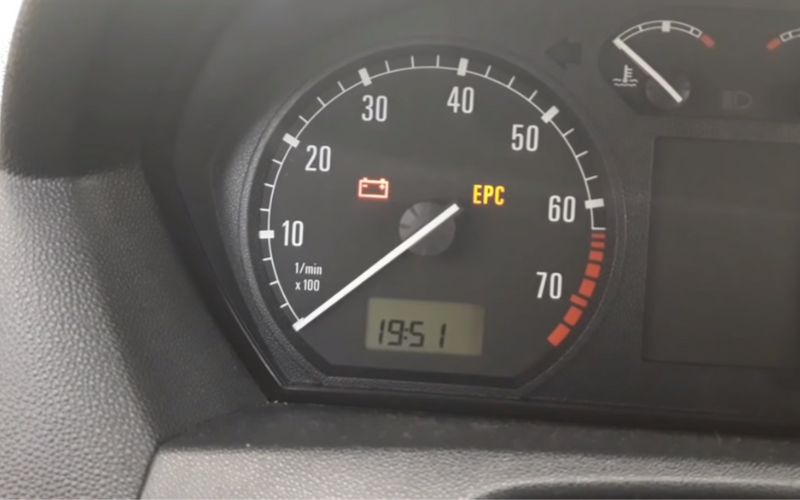
The engine light can indicate various problems, from minor sensor issues to major engine faults.
To diagnose, use an OBD-II scanner to read the error codes. Addressing the specific code usually resolves the light issue.
Battery Pack Leaking Coolant
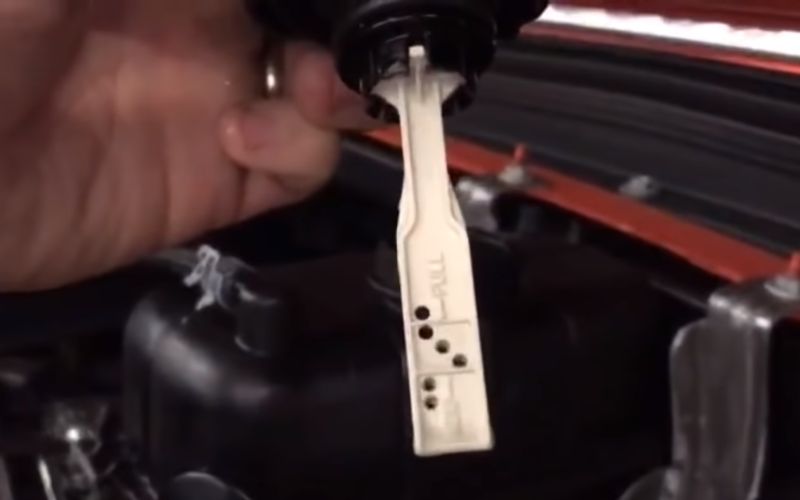
Leaks in the battery pack can lead to coolant loss. Signs include low coolant levels and spots under the vehicle.
Fixing this often requires replacing the leaking component.
Reduced Towing Capacity
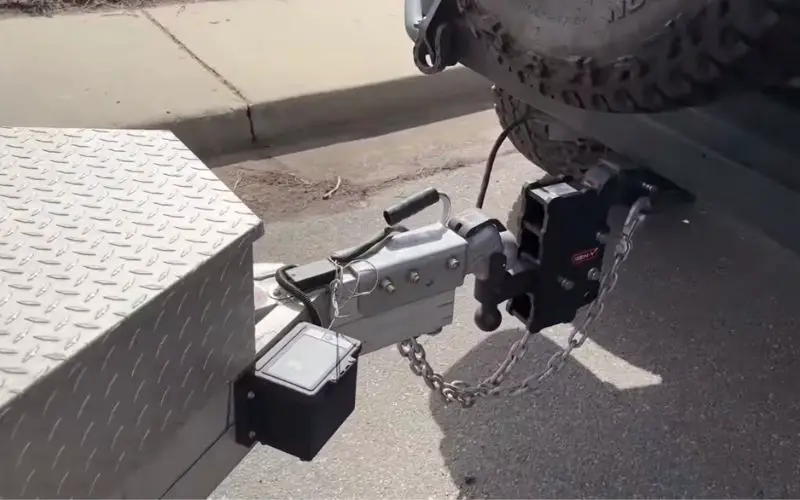
Reduced towing capacity can be due to engine or transmission issues. Regular engine checks and maintaining the transmission system can improve towing performance.
Also, ensure your Jeep is not overloaded beyond its towing capacity.
By understanding and addressing these issues, you can maintain the performance and reliability of your Jeep 2.0 Turbo.
Technical Reasons & DIY Solutions for Jeep 2.0 Turbo Problems
Let’s delve into the technical aspects of common issues and Effective solutions with the Jeep 2.0 Turbo.
Analyzing Turbo Lag
Turbo lag occurs when the turbocharger takes time to spool up and provide extra power.
This delay happens because the turbo needs exhaust gas to spin. Improving exhaust flow and using a smaller turbo can reduce lag.
Step-by-Step Guide to Fixing Turbo Lag
Turbo lag can be frustrating. Here’s how to reduce it:
- Check the air filter. Replace it if dirty.
- Inspect the exhaust system for blockages. Clear any found.
- Ensure the turbocharger is clean. Clean it carefully.
- Check for any leaks in the turbo system. Seal them.
- Consider upgrading the turbocharger for better response.
Engine Light (Sensor and Connector Faults)
The engine light can turn on due to sensor or connector issues. Faulty oxygen sensors, mass airflow sensors, or loose connectors trigger this light.
Diagnosing with a scanner and fixing or replacing the faulty parts resolves this.
Troubleshooting Engine Light Alerts
An engine light can indicate various issues. Here’s how to address it:
- Use an OBD-II scanner to read the error codes.
- Identify the code and research the related problem.
- Check related components like sensors or connectors.
- Replace or repair faulty parts.
- Reset the engine light and test drive to see if it reappears.
Coolant Leaks (Impact on Engine and Battery)
Coolant leaks can harm the engine and battery.
Leaks lead to overheating and battery damage. Identifying the leak source and repairing or replacing the damaged part is crucial.
Regular checks help catch leaks early.
Handling Coolant Leaks: A DIY Approach
Coolant leaks can lead to serious issues. Here’s how to handle them:
- Identify the leak source. Look for puddles under the car.
- Check hoses and connections for damage. Replace if necessary.
- Inspect the radiator and water pump for leaks.
- Seal any minor leaks with appropriate sealant.
- Refill the coolant and monitor the level regularly.
Overheating
Overheating in a Jeep 2.0 Turbo can be caused by various factors. Here are some potential solutions:
- Check for loose connections, MAP sensors, and hoses.
- Inspect the water pump: A leaking or failing water pump can cause overheating. The pump is driven by the timing belt, so if there’s a problem with one, the other might also be affected.
- Sensor issues: Overheating could be due to a faulty sensor.
- Improve airflow: Installing a vented hood or vented grille can help alleviate overheating issues.
Preventive Measures and Maintenance Tips
To keep your Jeep 2.0 Turbo running smoothly, follow these preventive measures and maintenance tips:
- Regular Oil Changes: Change the oil every 5,000 to 7,500 miles. This keeps the engine healthy.
- Check Coolant Levels: Regularly check and top up the coolant. This prevents overheating and leaks.
- Air Filter Maintenance: Clean or replace the air filter often. A clean filter improves engine efficiency and reduces turbo lag.
- Battery Care: Ensure the battery is in good condition. A healthy battery is vital for electronic components.
- Inspect Turbocharger System: Regularly check the turbo system. Look for leaks or blockages.
- Monitor Engine Performance: Pay attention to any changes in engine performance. Early detection of issues can prevent major problems.
- Keep Software Updated: Update the vehicle’s software as recommended. This can fix many electronic issues.
- Tire Maintenance: Check tire pressure and tread. Properly maintained tires improve safety and performance.
By following these tips, you can reduce the risk of problems and extend the life of your Jeep 2.0 Turbo. Regular maintenance is key to a reliable and efficient vehicle.
FAQs
How Many HP is the Jeep 2.0 Turbo?
The Jeep 2.0 Turbo engine typically produces around 270 horsepower with 295 pound-feet of torque.
This power output provides a good balance of efficiency and performance, suitable for various driving conditions.
Is Jeep 2.0 Turbo Direct Injection?
Yes, the Jeep 2.0 Turbo is a direct injection engine. This technology allows for more precise fuel delivery, improving efficiency and performance.
What is the Lifespan of a Jeep 2.0 Turbo Engine, and How Can I Extend It?
The lifespan of a Jeep 2.0 Turbo engine can vary, but with proper maintenance, you can be able to get 100k miles out of it, but a lot of turbo engines go down sooner (around 60k+ miles).
Regular oil changes, coolant checks, and addressing issues promptly can significantly extend its lifespan.
Final Words
Addressing Jeep’s 2.0 Turbo engine problems involves understanding common issues like turbo lag, engine light alerts, coolant leaks, and towing limitations.
This article has provided technical insights and DIY solutions to tackle these challenges effectively. Real owner experiences underscore the practicality of these fixes.
Additionally, preventive measures and maintenance tips emphasize the role of regular care in ensuring the longevity and performance of your Jeep 2.0 Turbo.
References:
- https://www.cdjrbarre.com/research-wrangler-engines.htm#:~:text=The%202.0%2Dliter%20Turbo%20engine,295%20pound%2Dfeet%20of%20torque.
- https://vehiclefreedom.com/jeep-2-0-turbo-problems/
- https://www.jlwranglerforums.com/forum/threads/2-0l-turbo-engine-blown-at-only-2-000-miles.93626/
- https://jlwrangler.com/threads/2-0-turbo-what-are-your-thoughts.4462/page-3
- https://www.jlwranglerforums.com/forum/threads/2-0-turbo-overheating-when-idling.48024/
- https://www.jlwranglerforums.com/forum/threads/2020-jl-2-0-overheating.62036/
- https://www.jlwranglerforums.com/forum/threads/2020-rubicon-recon-2-0-l-turbo-engine-longevity.115582/page-2
- https://www.jlwranglerforums.com/forum/threads/how-is-long-term-reliability-of-the-2-0l-turbo.63721/
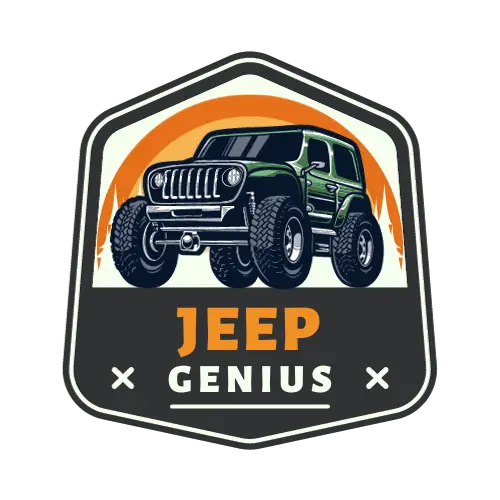
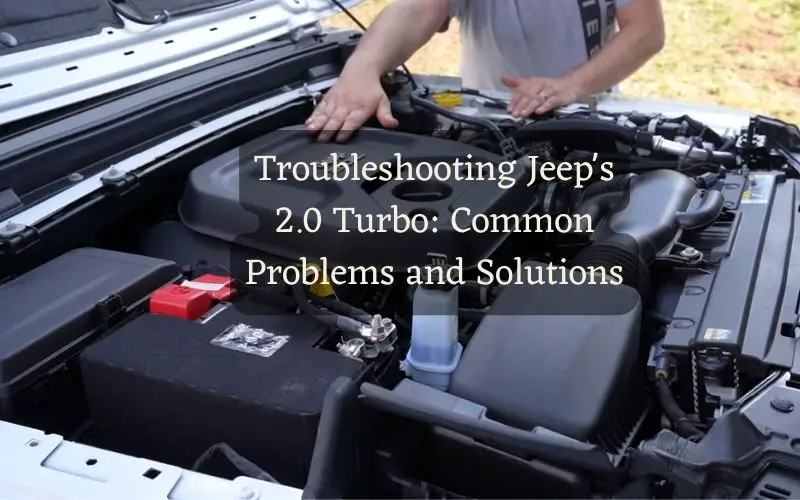
Leave a Reply